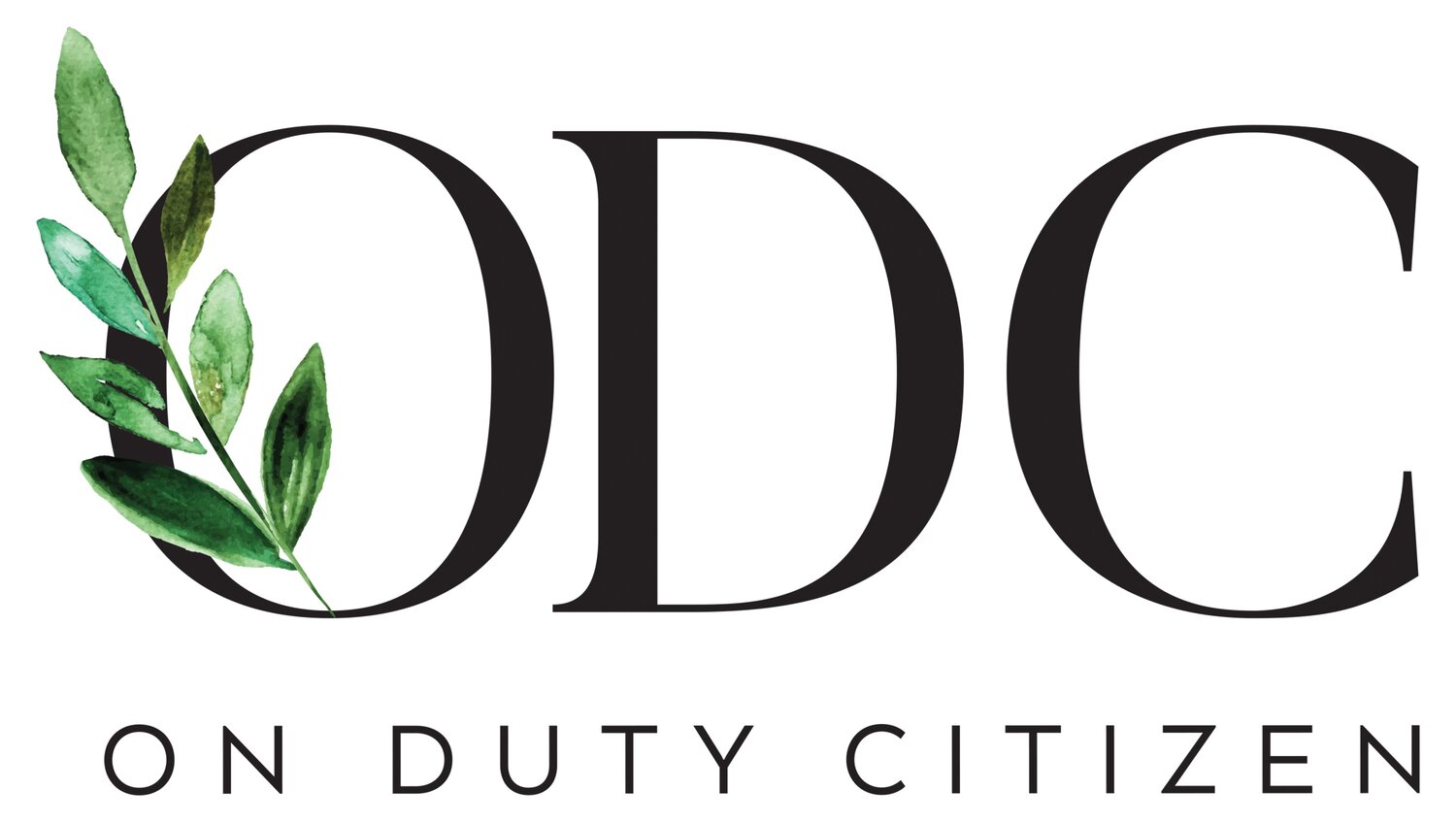As a white female, it is not appropriate to share an opinion piece on everything that is happening right now. However, I feel my best way to take action is by providing resources to learn, how we can help as well as spreading awareness about issues regarding the Black Lives Matter movement.
Why I feel it’s so important to provide these tools, is because it is abundantly clear we can no longer stay silent. Silence is inaction. Silence is thinking the Black Lives Movement does not affect you, that it is irrelevant to you. To think, “I have black friends”, so therefore I am not racist is an incredibly flawed and uninformed point of view. It goes so far and beyond this ideology, for we should not be preaching “I am not a racist” and rather, “I am an ANTI-racist!” All lives matter, sure. But it isn’t about that. It is beyond that. Right now this is for the black lives movement. Think about those three words deeply and understand what they truly mean.
“If you are neutral in situations of injustice, you have chosen the side of the oppressor”, a quote by Desmond Tutu, a South African Anglican cleric and theologian known for his work as an anti-apartheid and human rights activist.
COVID has given us time to reflect on our lives, to think about those who need our support more than ever and what flawed systems of humanity need total upheaval. This includes our fight for sustainability, the support of companies who take care of the planet and their workforce, as well as how this pandemic has disproportionately affected the black communities. But it stems beyond this. It goes deeper.
We sit and watch one life murdered, and then another, and then another black life lost at the hands of those who are supposed to keep us safe. This is not new (I urge you to read the aforementioned link and look all of the victims’ names. Read their stories.) Our history is entangled with slavery and institutional racism persists to this day. It is flawed. And we must fix it. We cannot let another year, another moment pass. It is time for systemic change for justice and equality for all. “Change will not come if we wait for some other person or some other time. We are the ones we’ve been waiting for. We are the change that we seek.” – President Barack Obama.
So I urge all my non-POC readers (especially brands I have worked with!) to take it upon yourselves to act beyond a post of condolence, and then we move on. It needs to be deeper than sympathy, deeper than well-wishes. I hope you can take this time to rethink all you have been taught thus far, or things we have blindly ignored. Our action is our reaction, and anything less than that will not create the necessary changes we need to see. The conversations you need to have may be uncomfortable. But no change in life comes from comfort, remember that.
Here are some of the tools and resources from various leaders in the BLM community. Take the time to look into their platforms and hear their stories. You have the resources to act. No more silence.
IMMEDIATE ACTION:
“George Floyd was a peace activist and respected community leader. He was far from his home in Houston when he was murdered in broad daylight by Minneapolis police.”
“Breonna Taylor was an award-winning EMT and model citizen. She loved her family and community. She worked at two hospitals as an essential worker during the pandemic.”
JOIN THE MOVEMENT:
READ, INFORM YOURSELF, AND LEARN ABOUT OUR PAST:
A great anti-racist reading list written by Break Baker, a racial and gender justice activist
FILMS/T.V. SERIES TO WATCH:
A list compiled by the @SouthAsians4BlackLives group compiled by Sophie Flicker and Alyssa Klein
13th (Avery DuVernay)
American Son (Kenny Leon)
Black Power Mixtape: 1967-1975
Clemency (Chinonye Chukwu)
Dear White People (Justin Simien)
Fruitvale Station (Ryan Coogler)
I Am Not Your Negro (James Baldwin)
If Beale Street Could Talk (Barry Jenkins)
Just Mercy (Destin Daniel Cretton)
King In The Wilderness
See You Yesterday (Stefon Bristol)
Selma (Ava DuVernay)
The Black Panthers: Vanguard of the Revolution
The Hate U Give (George Tillman Jr.)
When They See Us (Ava DuVernay)
ARTICLES TO READ:
A list compiled by the @SouthAsians4BlackLives group compiled by Sophie Flicker and Alyssa Klein
“America’s Racial Contract is Killing Us” by Adam Serwer
Ella Baker and the Black Freedom Movement
“My Life as an Undocumented Immigrant” by Jose Antonio Vargas
The 1619 Project
“The Intersectionality Wars” by Jane Coaston
“Who Gets to Be Afraid in America?” by Dr. Ibram X. Kendi
PODCASTS TO LISTEN TO:
A list compiled by the @SouthAsians4BlackLives group compiled by Sophie Flicker and Alyssa Klein
1619 (NY Times)
About Race
Code Switch (NPR)
Intersectionality Matters! Hosted by Kimberlé Crenshaw
Momentum: A Race Forward Podcast
Pod for the Cause (from The Leadership Conference on Civil & Human Rights)
Pod Save the People (Crooked Media)
The Combahee River Collective Statement
How to Survive the End of the World
DONATE IF YOU CAN:
SUPPORT BLACK BUSINESSES:
This list of skincare/beauty brands to support was compiled by @cocokind
SOCIAL MEDIA ACCOUNTS TO FOLLOW
Shaun King; civil rights activist and co-founder of Real Justice PAC
Reflective Resistance by @mimizhuxiyuan
@mireillecharper; writer, sensitivity reader and publicist
Changing the world with words, @renieddolodge
Racial justice educator @iamrachelricketts
NYT bestselling author, @laylafsaad
Professor & writer @ibramxk
@thegreatunlearn, a community of everyday human beings committed to curiosity for what is possible in the world
@rachel.cargle, builds intellectual legacy through teaching and storytelling
@ckyourprivilege; dismantling relationships with systems of domination
MORE INFORMATION ON WHAT WHITE PEOPLE CAN DO RIGHT NOW:
